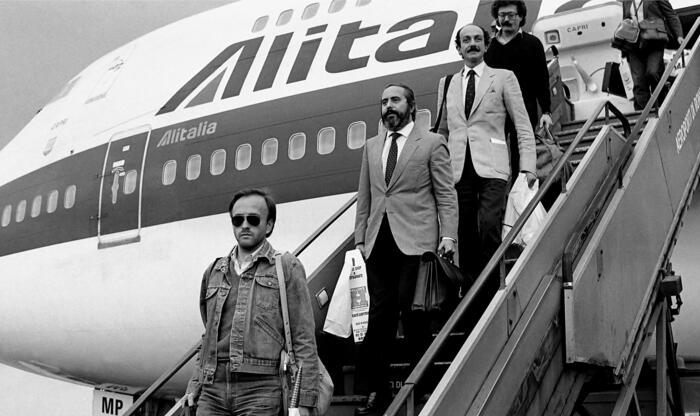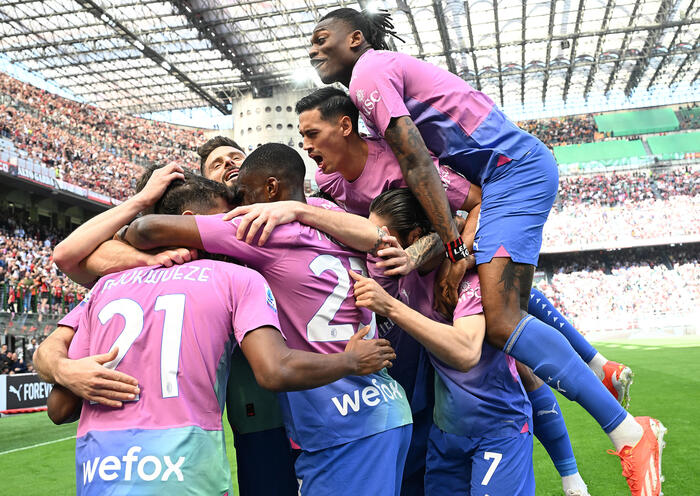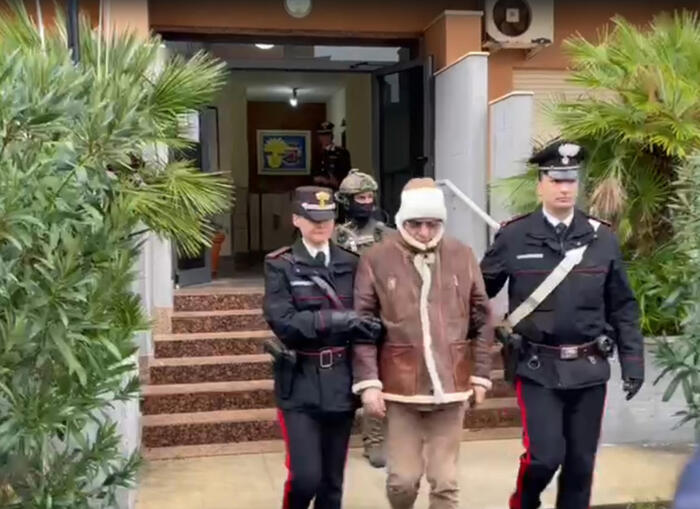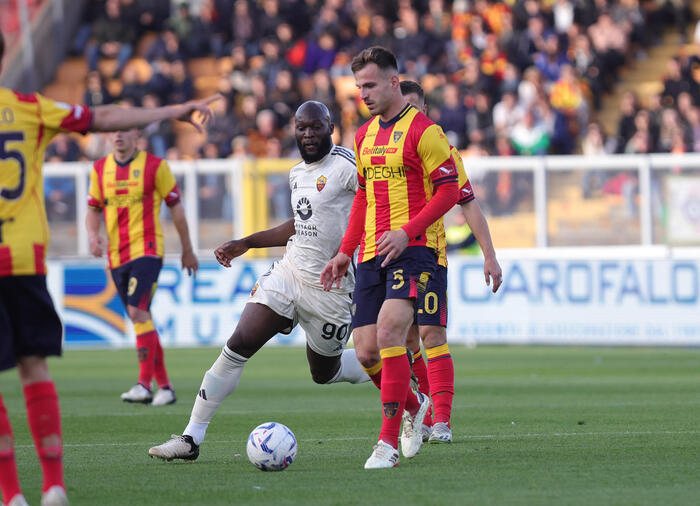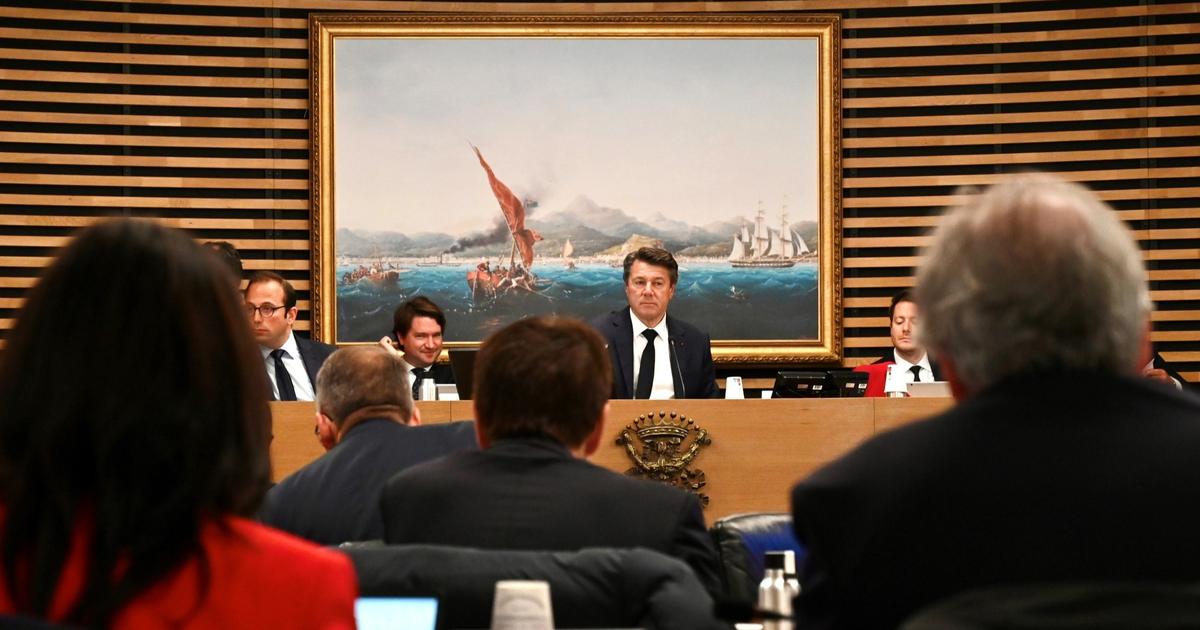(by Francesco Terracina) (ANSA) - PALERMO, MAY 22 - Before it became a method, the work of the anti-mafia pool in Palermo had to deal with skeptics.
The group set up by Rocco Chinnici, killed in 1983, and then led by Antonino Caponnetto until 1988, was even pointed out to make "judicial tourism", which consisted in closely following the investigations, going to the places where the elements gradually acquired were brought.
"We moved everywhere - remembers Giuseppe Di Lello, who belonged to the pool of GiovanniFalcone and Paolo Borsellino together with LeonardoGuarnotta and the young Ignazio De Francisci -, contravening the practice of bureaucratically delegating investigations outside Palermo to judges from other districts, who knew nothing of our investigations and that they could rarely help us.
This new way of operating has given credibility to the pool and led to remarkable results ".
A" revolution "that could have been made even earlier, if Lamafia had not been considered" a dark phenomenon - adds Di Lello - and impenetrable.
Instead, we entered the banks, which Cosa Nostra considered impenetrable sanctuaries;
in the Chambers of Commerce, examining the corporate intertwining ".
That group of pioneers instructed the first maxi trial which in 1986 brought 475 defendants to the stand." The State gave us a hand - explains Di Lello - by transferring first-level investigators to Palermo, some of whom sacrificed their life.
Our work was preceded by the insights of unparalleled magistrates, such as Cesare Terranova and Gaetano Costa ".
In November 1985 (coinciding with the filing of the order for indictment of the 475), Ignazio De Francisci, who was 33 years old at the time, arrived at the education office.
De Francisci was assigned to the "extroverted and jovial" Paolo Borsellino, who a year later went to head the prosecutor's office in Marsala.
"I stayed with Falcone - he says - who had a different character, he was reserved, a little shy. Prudent and realistic, I learned a lot from him. Falcone and Borsellino completed each other perfectly and those were the most important years of my over forty-year career".
When in 1989, in the height of poison season, Falcone passed to the prosecutor's office (the new Code had just entered into force), DeFrancisci, at the suggestion of his friend, followed him: "I arrived in February '91, a month before Giovanni moved to Rome, in the midst of the clash between him and the prosecutor Pietro Giammanco. I didn't know much about their disagreements, but the climate was incandescent.
When Falcone left the prosecutor's office, I was 'hostage' to his enemies: I had no intention of repositioning myself on the line of the boss ".
De Francisci recalls the document signed by eight substitutes and sent to the CSM to request the removal of Giammanco: "This episode is often ignored, but it was an important moment. The Board of Directors did not decide on any transfer, because, after the massacre in via D'Amelio, Giammanco asked to go to Cassation ".
De Francisci, recently retired after being appointed to the general prosecutor of Bologna, remembers the last meeting with Borsellino: "It took place the day before his death. He had just returned from Rome and came to the prosecutor's office, in the antechamber he mentioned what he had just heard by Gaspare Mutolo and that he should have recorded ".
There was no time.
(HANDLE).

